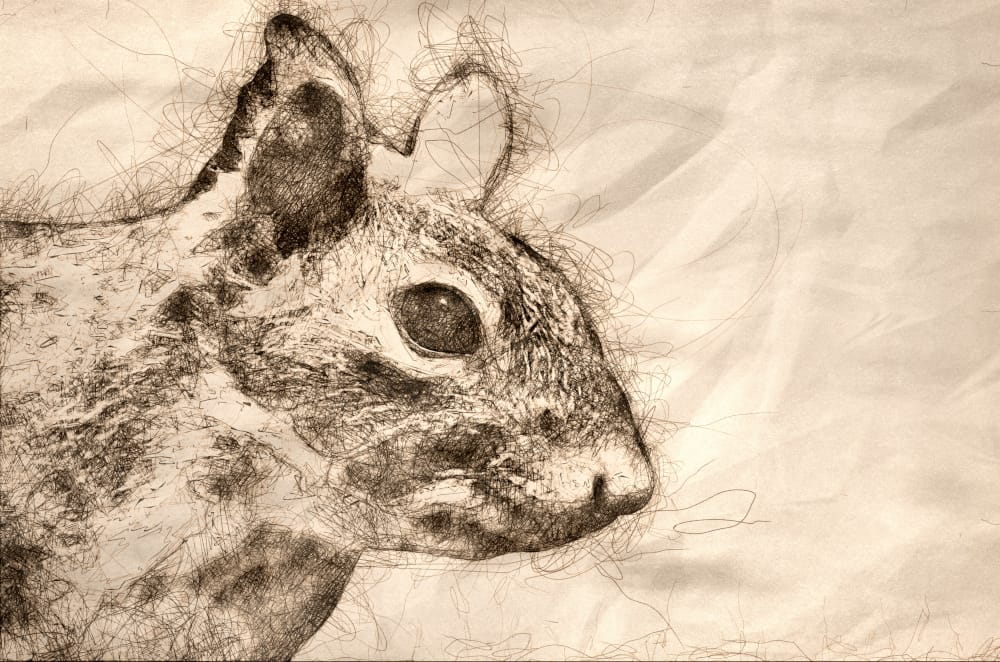MMT is a language of Ents, not Squirrels
When it comes to money, we experience the world as squirrels seeking acorns, while the state experiences it like an oak tree issuing them

This essay was originally published on Substack. To see the original, or to comment on the piece, click here
Uncovering the truth about the magic money trees
When it comes to money, we experience the world as squirrels. We often see money as a kind of mysterious acorn that we have to sniff out, retrieve from distant heights, or chase around to get from other squirrels.
By contrast, when it comes to money, the state experiences the world like an oak tree. It issues the acorns, and wants squirrels to take them to spread the forest. In other words, the state doesn't want the money it issues. It wants people to take it, because as people take it, the state spreads its power.

Unfortunately, because we see the world as squirrels, we have a tendency to use imagery that makes sense to squirrels. So, we imagine the state as if it were like a giant squirrel. We say things like ‘the Big Squirrel wants acorns from us’, or ‘the Big Squirrel is trying to spend more nuts than it has’. This is used to make sense of vast-scale processes that are obscure to a small-scale squirrel.
To get closer to the truth, we must rather imagine the state ‘oak trees’ as being like Ents, those big tree-folk from Tolkien’s books.

When a government says ‘we have run out of money’, they are speaking in squirrel language - let’s call it Squirrelese - but what they really mean in Entish is ‘we have decided to not issue any more money’. The decision to speak Squirrelese rather than Entish is a political one, because it disguises a political decision as a natural resource shortage.
Some politicians make a whole career out of speaking about the state as if it were like a big mama squirrel. For example, this was a centerpiece of Margaret Thatcher’s ideology. It provided all manner of political cover to justify austerity and privatization: we have no more acorns. We must sell everything to get acorns.
The story gets dropped every time it’s politically expedient. When health services are cut, it’s because the Mama Squirrel has run out of nuts, but when the financial sector needs bailing out, suddenly the state is a huge ent firing nuts out of a Gatling gun.

It turns out, however, that there's more to the world than just ents and squirrels. You might, for example, see the super-rich as being like kangaroos with big pouches, hopping around dominating acorn collection. They might pool their collections into hedge funds, and attempt to consolidate their power by continuing to perpetuate the idea that the state is a Big Squirrel that cannot just issue new acorns (no, we should rather go to private sector creditors like themselves to borrow acorns). Since the 80s a whole class of think-tanks (often funded by powerful financiers) began specialising in launching these ideological assaults against state spending, accusing people who call for public funding of health, education and job creation of believing in a ‘magic money tree’.
They are right that there's no magical money tree. Rather, there's a highly political money tree, making a highly political decision to pretend that it’s a squirrel.
By now you might have seen articles about the MMT - or Modern Monetary Theory - movement. It's not a new movement - it’s a continuation of a long tradition in monetary thought known as chartalism. MMT causes panic amongst those used to speaking Squirrelese (which includes people on both the political right and left) because it’s a language movement reviving the lost art of speaking Entish. One of the most common critiques of MMT is simply that speaking this language will unleash demons. Better for everyone to just pretend that the state is a big squirrel.
Actually, it’s far better for the squirrels to demand democratic control of the oak tree - and to demand that it speak its actual language - rather than letting it act in the interests of kangaroos. MMT is not a movement calling for the endless issuance of money. It's a movement that demands that states stop pretending that they’re not money-issuers, so that we can make sense of their financing decisions (FYI - if you want some introductory texts to the ideas of MMT, check out WeCanHaveNiceThings, MMT Primer, Modern Money and Public Purpose, and Stephanie Kelton’s The Deficit Myth).
The limits of the metaphor
This is where my ‘squirrel and ent’ metaphor reaches the end of its usefulness though. It lacks the metaphorical range to go deeper into the nuances of the issue. It can’t, for example, be used to talk about the role of the banking sector in money issuance (check out my piece The Casino-Chip Society for more on that). And, while the metaphor may help us understand state money issuance, it fails to help us understand the processes by which states withdraw money from circulation. The use of acorns as a metaphor is also problematic because it risks creating commodity imagery for money, something I like to avoid when possible (see Money through the Eyes of Mowgli for a corrective).
Nevertheless, I hope this has given you a glimpse into some of the politics of monetary language. Next time you read an article about public finances, taxation, state borrowing and so forth, see whether you can decode it from squirrelese into entish. You’ll be surprised as to how it changes the meaning.
This essay was originally published on Substack. To see the original, or to comment on the piece, click here